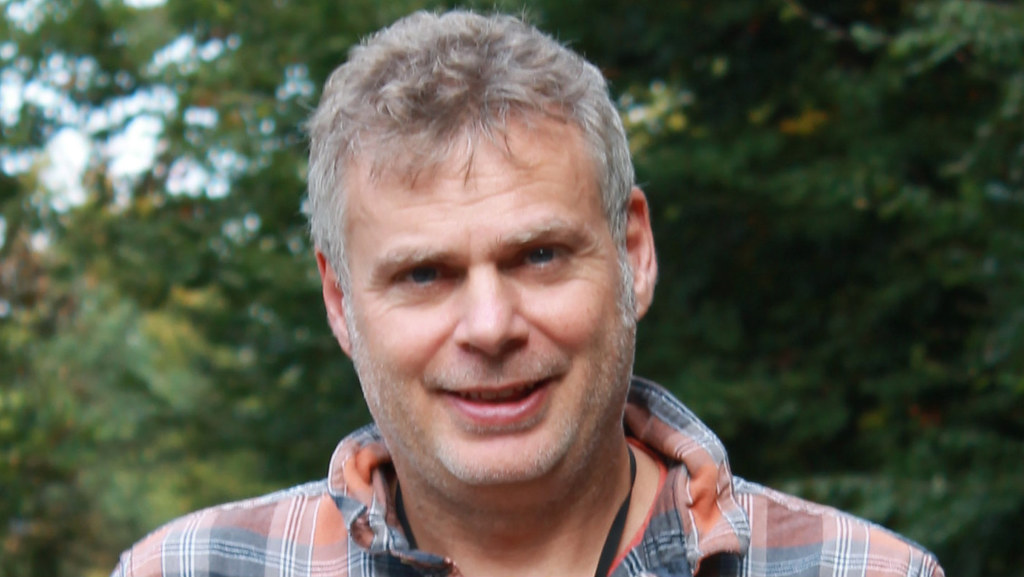My work is on infectious bacteria that cause disease in humans and animals, like MRSA which is mostly human but crops up in animals. I’m looking at Klebsiella. MRSA sticks to hospitals, this one lives in the soil, in plants, animals and healthy people’s guts and it’s rapidly moving into antibiotic resistance. We’re pushed back to last line of antibiotics now and there’s not much left in the larder. We’re looking at single town in Italy, Pavia which is a similar size to Bath, and trying to identify its traffic major routes between environment, plants and animals are.
What would you most like to achieve while at the University?
The opening of the Milner Centre offers really interesting opportunities to establish ourselves as a genuinely cutting edge hub for post-genomic analysis and I’d like to be part of building that critical mass.
What piece of advice would you like to give to a student?
Enjoy yourself. University isn’t just school for big kids, the quicker you figure out how to draw the dots rather than learn verbatim the better you’ll do and the more you’ll get out of it.
Name one thing that makes you feel proud to work at the University of Bath?
As a University we punch above our weight. As a department we do remarkably well, get good students and have a lot of good papers published. As part of establishing the Milner Centre we’ve had to gauge how well we’re doing against others and we’ve come out feeling pretty good about ourselves.
Who was your most influential teacher/educator, and why?
My two PhD supervisors at Sussex who were very different, and the combination gave me a perfect start. Professor Brian Spratt was a medical microbiologist and Professor John Maynard Smith was an inspirational evolutionary biologist. He gave me the confidence to ask the really simple questions that are so obvious but so important.
What was your first job?
At a greengrocers selling avocado and lettuce. I loved it, I can still twirl a paper bag around!
If you could start your own dream business, what would it be?
Something outside, with a patch of land or water and producing something wholesome and organic.
What’s your favourite book or album and why?
Dark Side of the Moon by Pink Floyd. It’s timeless, it came out in 1973 and sounds like it could have been released six months ago. It appeals to me on a very primal level, when you know every single little crackle.
If you could meet anyone in the world dead or alive who would it be and why?
Douglas Adams – to thank him for capturing my imagination so brilliantly.
What one superpower would you like to possess?
I’d be tempted by the idea of invisibility, although I think the novelty might wear off. I’d plump for flying, I think it would just be great fun.
Tell us your favourite joke.
Patient: Doctor will I be able to play the piano after the operation?
Doctor: Yes, you should be fine
Patient: That’s great I’ve always wanted to play the piano
If you know of a colleague who’d like to raise the profile of their work or has an unexpected hobby, email comms@bath.ac.uk with the subject ‘Staff Spotlight recommendation’.

